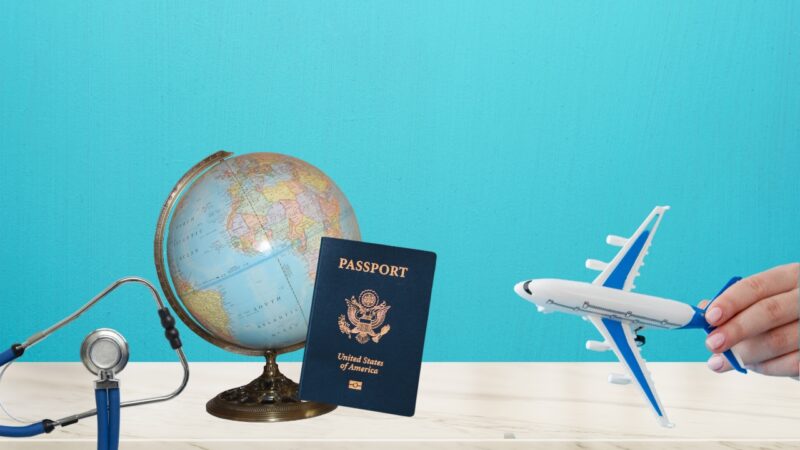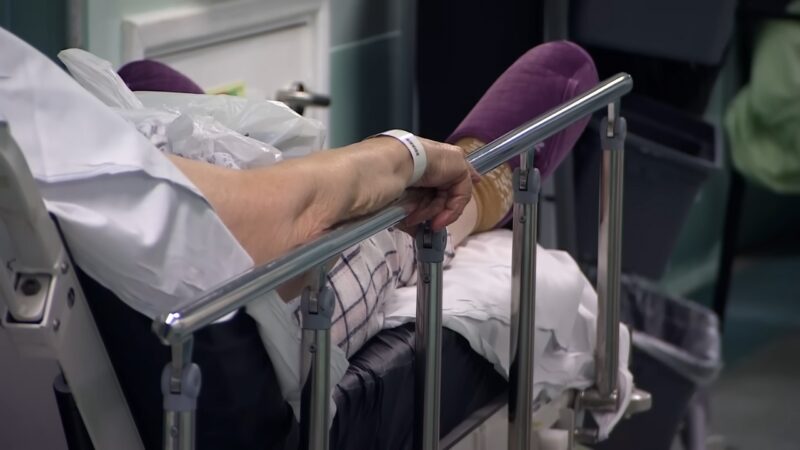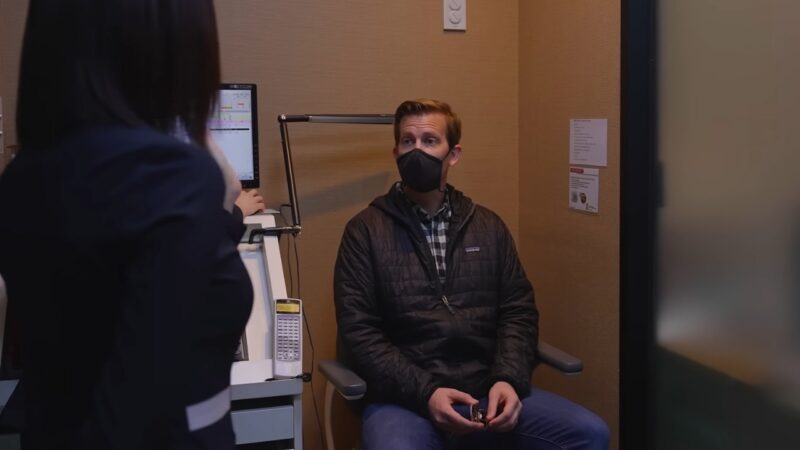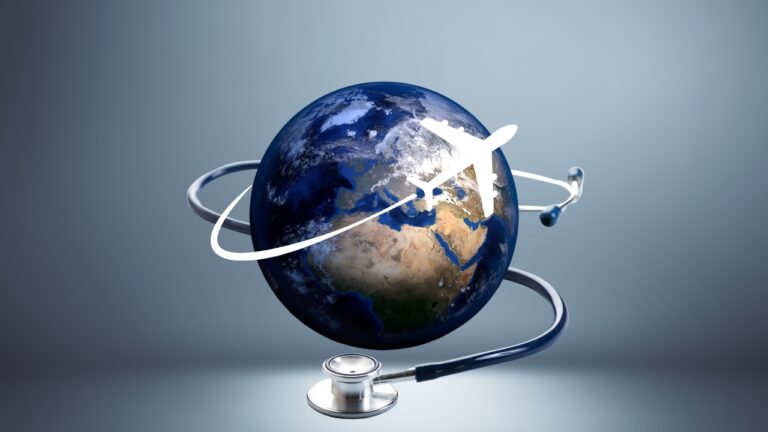Medical tourism is the practice of traveling to a foreign country to receive medical care. This concept isn’t new, but it has gained momentum with globalization and the internet making the world more connected. Patients might seek treatments abroad that are either too expensive or unavailable in their home country.
The allure is not just about healthcare; it’s often combined with the opportunity to visit a new place, blurring the lines between vacation and medical treatment. From elective procedures like cosmetic surgery to complex operations such as organ transplants, the scope of medical tourism is vast and varied.
The Safety of Medical Tourism

When considering going abroad for healthcare treatment, safety is the foremost concern. The quality of healthcare varies significantly across countries and facilities. Accreditation by international organizations like the Joint Commission International (JCI) can be a reliable indicator of quality.
However, it’s crucial to research thoroughly about the hospital and the medical staff’s qualifications and experience. Language barriers and differences in healthcare practices can also pose challenges, potentially impacting the quality of care and the overall safety of the procedure. Learn more at Doctor.Global.
Cost Considerations in Medical Tourism
One of the primary attractions of medical tourism is cost-effectiveness. In many cases, procedures abroad can cost a fraction of the price in the patient’s home country.
This price difference can make surgeries and treatments that are financially out of reach in one’s home country accessible. However, it’s essential to factor in additional costs such as travel, accommodation, and potential follow-up care when evaluating the overall cost savings.
Access to Specialized Treatments

Medical tourism can provide access to specialized treatments and procedures that may not be available or are in their nascent stages in the patient’s home country. This access is particularly crucial for patients seeking experimental treatments or procedures not yet approved in their home country.
However, this can also be a double-edged sword, as the lack of approval in one’s home country might indicate a lack of consensus on the treatment’s safety and efficacy.
Quality of Healthcare Facilities
The quality of healthcare facilities varies globally. Many countries popular for medical tourism boast state-of-the-art healthcare facilities, rivaling or even surpassing those in the developed world.
In Canada, known for its robust health and safety standards, patients benefit from a healthcare system that prioritizes rigorous regulations and accreditation.
However, there are also places where healthcare standards and regulations are not as stringent. Thus, patients need to conduct thorough research and choose accredited and well-reviewed facilities.
Travel and Recovery

Traveling after surgery can increase the risk of complications, such as deep vein thrombosis. The planning phase of medical tourism should include considerations for the recovery period.
Some procedures may require an extended stay in the destination country for recovery and follow-up appointments, impacting the overall cost and feasibility of the trip.
Legal and Ethical Considerations
Medical tourism raises various legal and ethical questions. Legal recourse in cases of malpractice or unsatisfactory outcomes can be limited and complicated in a foreign country.
Ethically, there are concerns about the impact of medical tourism on local healthcare systems, including the diversion of resources away from the local population.
Cultural and Language Barriers
Traveling to a different country for healthcare treatment also means navigating a different culture and possibly a different language. These barriers can impact the understanding of healthcare information, consent processes, and the overall comfort level of the patient.
Professional medical interpreters and culturally sensitive care can mitigate these issues, but they are important factors to consider.
Post-Treatment Follow-Up Care

Follow-up care is a critical aspect of any medical treatment. In the context of medical tourism, patients might return home before they have completely healed, which raises questions about continuity of care.
Coordination between the foreign provider and local healthcare providers is essential to ensure proper follow-up and management of any complications.
Impact on Home Country Healthcare Systems
The rise of medical tourism also has implications for the healthcare systems in patients’ home countries. When patients choose to go abroad for treatment, it can alleviate some pressure on overburdened healthcare systems, especially in countries with long waiting lists for certain procedures.
However, this trend can also lead to a loss of revenue for local healthcare providers. Furthermore, if complications arise after returning home, the home country’s healthcare system must bear the responsibility and cost of follow-up care, often without the detailed healthcare history that would have been available if the treatment were done locally.
This aspect of medical tourism highlights the interconnectedness of healthcare globally and the need for international standards and cooperation.
Future Trends in Medical Tourism

Looking ahead, medical tourism is poised to evolve in several ways. Advances in technology, such as telemedicine, might enable better pre- and post-treatment consultations across borders.
Additionally, there might be an increase in partnerships between hospitals across countries, aiming to streamline the process and ensure continuity of care. The rise of personalized medicine and gene therapy could also play a significant role, with patients traveling to countries that specialize in these cutting-edge treatments.
As the world grapples with these changes, the regulatory landscape governing medical tourism is likely to become more robust, addressing the current challenges and paving the way for a more integrated global healthcare system.
Weighing the Pros and Cons
The decision to seek medical treatment abroad should be based on a careful consideration of the pros and cons. While the advantages such as cost savings, access to specialized treatments, and combining treatment with travel are appealing, the risks related to safety, quality of care, legal issues, and post-treatment complications cannot be overlooked.
It’s imperative for individuals considering medical tourism to conduct extensive research, consult healthcare professionals, and weigh all factors before making a decision.
Summary
In conclusion, medical tourism offers opportunities and risks. The key to a successful experience lies in being well-informed and prepared. It’s a personal decision that should be made with careful consideration of all the factors involved.
As the world becomes more interconnected, and healthcare continues to evolve, medical tourism is likely to grow further, making understanding its nuances even more crucial.
Related Posts:
- Should You Insulate Attic Roof Rafters? Pros, Cons,…
- Does It Snow In Osaka? Beyond Temples and Sushi
- Trendsetting Styles in Pet Fashion Revealed: 2024 and Beyond
- Does It Snow in Sydney, Australia? Beyond the Opera House
- Does It Snow in Williams, Arizona? Beyond the Desert
- Is There a Legal Drinking Age on Planes? Sip or…







